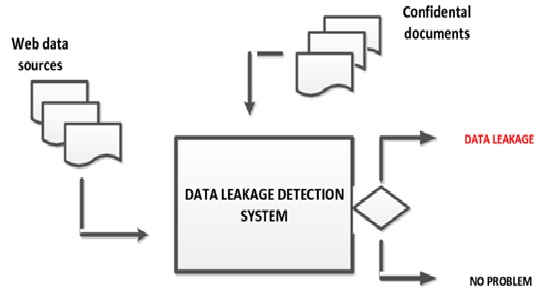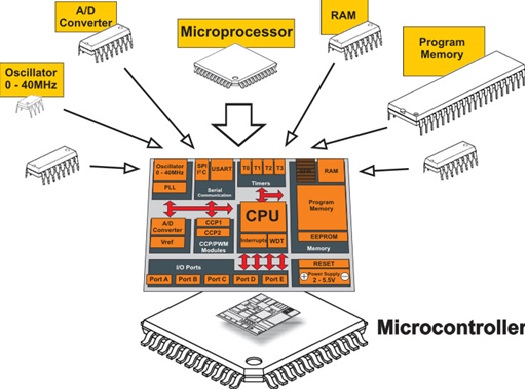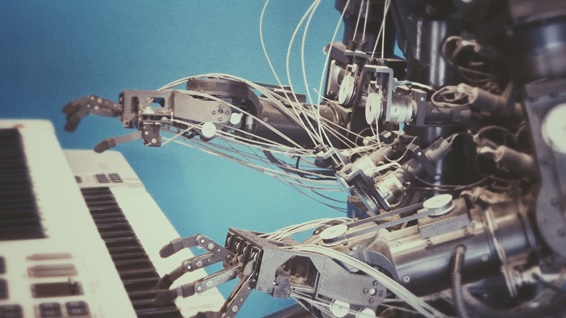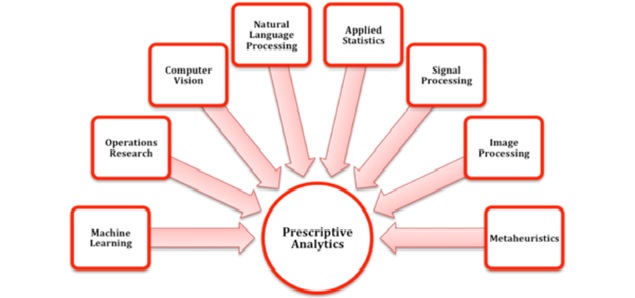AI in Cloud Computing
Thanusri swetha J
October 19, 2021 | 2:45 PM Technology
AI in Cloud Computing is the integration of artificial intelligence (AI) capabilities into cloud platforms. It enables machines to learn from data, make decisions, automate tasks, and improve services — all while leveraging the storage, scalability, and processing power of the cloud.
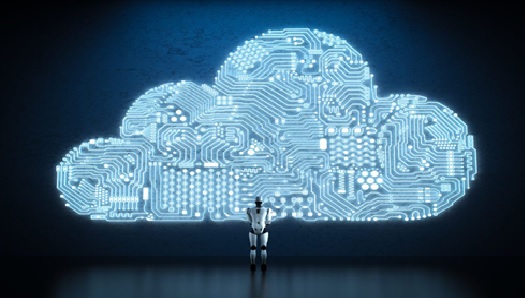
Figure 1. Transforming the Cloud: The Power of AI.
AI in Cloud Computing refers to the integration of artificial intelligence technologies with cloud-based infrastructure and services. This synergy enhances automation, scalability, data analysis, and decision-making across various industries. Figure 1 shows Transforming the Cloud: The Power of AI.
Key Areas Where AI Enhances Cloud Computing
- Smart Resource Allocation: AI predicts demand and allocates computing resources dynamically.
- Auto-scaling: Ensures optimal performance without manual intervention.
- Big Data Processing: AI algorithms analyze massive datasets stored in the cloud.
- Predictive Analytics: Cloud-based AI predicts trends and outcomes using historical data.
- Anomaly Detection: AI monitors behavior and flags suspicious activities.
- Automated Responses: Cloud systems can use AI to respond to breaches in real time.
- Used in chatbots, virtual assistants, and document processing in cloud environments (e.g., Google Cloud Dialogflow, AWS Lex).
- Cloud providers offer pre-built AI tools (e.g., image recognition, speech-to-text) via APIs:
- Amazon Web Services (AWS) – SageMaker, Rekognition
- Google Cloud AI – Vertex AI
- Microsoft Azure AI – Cognitive Services
1. Automation and Optimization
2. Data Management and Analytics
3. Security and Threat Detection
4. Natural Language Processing (NLP)
5. AI as a Service (AIaaS)
Benefits of Combining AI with Cloud
- Scalability: Easily scale AI workloads using cloud infrastructure.
- Cost-efficiency: Pay-as-you-go models reduce upfront investments.
- Faster Deployment: Pre-built AI models reduce development time.
- Global Access: AI services available across geographies.
Future of AI in Cloud Computing
Emerging Trends:
- Edge + Cloud AI: Smart devices processing AI locally, syncing with cloud.
- Federated Learning: AI models trained across distributed systems without moving data.
- Custom AI Chips in the Cloud: Like Google’s TPUs and AWS Inferentia.
Impact on Industries:
- Healthcare: Faster diagnostics, telemedicine.
- Agriculture: Crop monitoring via drones + AI.
- Finance: Automated trading, real-time risk assessment.
- Manufacturing: Predictive maintenance and robotics.
Reference:
- https://www.oreilly.com/library/view/ai-and-cloud/9780128211489/?utm_source=chatgpt.com
Cite this article:
Thanusri swetha J (2021), AI in Cloud Computing, AnaTechMaz, pp. 32
Previous Post The Technology of 5nm Processor
Next Post AI shopping system







